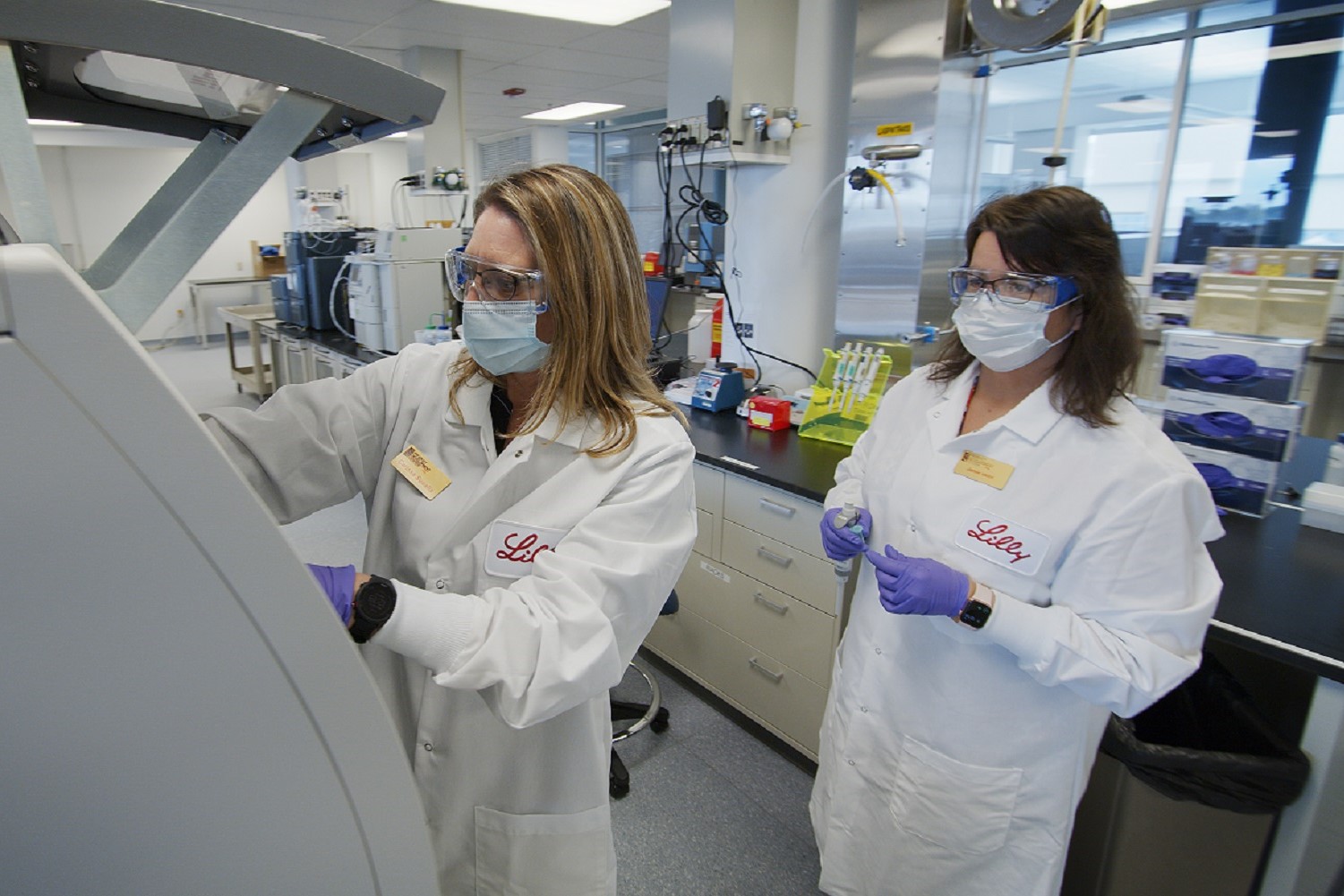Part 1 of a 2-part blog.
As a general rule, the American public praises a self-made man or woman, and may cite a phrase or two such as, their “up-by-the-bootstraps” style, “sheer determination” or more obscurely their “rugged individualism.” They march to their own drum, and don’t let others distract them. They don’t let social norms get in their way, and their ferocious appetite to make a difference fuels their day to day activity.
These descriptors are certainly admirable and many times are quite appropriate. What this writing intends to address is how this type of social propagation (innocent and empowering) impacts those that are less able to just “will their way” to success. I am speaking of the most chronically ill among us; relatives, friends, neighbors and fellow Americans who suffer in their quality of life because of debilitating long-term chronic illness or multiple chronic issues. Pain, discomfort and physical limitations are only a piece of their story, as they more often than not suffer with excruciating social and emotional pain and that can be worse.

With the Rise of AI, What IP Disputes in Healthcare Are Likely to Emerge?
Munck Wilson Mandala Partner Greg Howison shared his perspective on some of the legal ramifications around AI, IP, connected devices and the data they generate, in response to emailed questions.
Rugged Individualism defined
First, let’s clarify the term “rugged individualism” as it will be used here. It is not to be confused with Herbert Hoover’s use of the term “rugged individualism” after World War I, which referred to the opinion that government need not interfere into economic issues of citizens, so as to demotivate the ingenuity of the American spirit and its ability to survive in the midst of great strain (rugged individualism). The truth is, during those tough times, there was a lot of social support and common suffering that helped to glue them all together toward a common purpose in each community. They helped a neighbor rebuild a home after the storm. They shared milk with young moms and their children. They helped to parent the children together. They simply helped each other when needed.
So even with the rugged individualism came a unifying spirit of social connection that no doubt allowed them to cope with desperate times. Times were different then to be certain. One thing that isn’t different is our need to connect with other people in meaningful ways, not superficial, “country club” ways.
When this once powerful trait assisted Americans out of the Depression, it was anchored in the mindset and social makeup of our country for good, which to be clear, was not a bad thing. However, where it has potentially damaged us now is that we have unknowingly forsaken a key part in human flourishing, that of the need for belongingness, connection, interaction, or relationship.
Impact on the Chronically Ill
There is a negative side to rugged individualism for our chronically ill friends, neighbors and co-workers. It is that there is a pervasive feeling, either consciously or subconsciously, that when I have a problem, I just need to “bare down” and “get this thing under control.” The result for the chronically ill patient trying to cope with life-changing conditions is that they become isolated rather quickly. It doesn’t take a rocket scientist to know what happens when folks get isolated and on top of it have physical limitations, pain, and a disruption of their life purpose. All of their natural abilities to cope with life are scattered, regardless of their past experiences of success and social competence.
The statistics are staggering for how many of these suffering family members struggle with the basic soft skills of life after experiencing the onset or continuation of life-altering chronic issues. Usually, isolation, loss of self, depression and self-contempt accompany such situations.
So in these cases, rugged individualism does not serve the chronically ill person or their family. Because in fact, they DO need other people to walk alongside, they don’t need an individualistic mindset even if that’s what they are used to. They need others to help them, to inspire, to challenge, to encourage and to share emotions with. But they also need others who can truly understand and empathize with their condition, a fellow traveler or like-minded sufferer. For those who choose to stay on the path of isolationism and not wanting to “burden their loved ones”, there is a dismal outcome both medically and personally.
All humans need to know they are contributing to life and those around them, and when that is taken away they suffer tremendously, whether they know why or not. So when a chronic patient is no longer able to contribute to others and feels that it’s only a ONE WAY street in their direction, it feels unnatural and uncomfortable. Left untreated, it morphs into self-contempt and demotivation on all levels. While they need the support, they also need to know they are contributing something into the lives of those around them. This is energizing when it happens, and draining when it doesn’t.
All of these wellbeing deficiencies can exist in any of us at any time, if allowed. The chronic patient has a plethora of challenges thrown on them at one time, thoroughly scrambling their wellbeing compass. You can’t fight your way out alone when that happens, and yet we try.
We all have known that individual who refuses assistance of any kind and demands to do things on their own. This is a form of rugged individualism. While this can be a great motivator for a driven individual, many times it comes from unresolved irritations within them about their condition and its consequences and a lack of capacity for social contribution. They feel trapped, just like anyone could in their shoes. No matter how grim the outlook, their wellbeing is the answer to improving all of the other areas. Wellbeing works together with medical treatments and medication, improving their effectiveness and reducing overutilization and frustration.
Part 2 discusses what is currently being done in our medical system for these individuals. S
Wellbeing is Natural (#wellbeingcounts) addresses many more topics like this in its research and real-world solutions for the chronically ill. Located in Scottsdale, AZ, Wellbeing is Natural believes that wellbeing is essential to health, and that the industry studies validate it. Its programs are delivered through health organizations and large employers. They are experiential and scientifically-based wellbeing meetings, including education, peer interaction, mindfulness practices, pain reduction techniques, and more. Clinically-tested WIN programs have been researched and developed by Andrew F. Miller, PH.D.
Andrew F. Miller, PH.D. contributed to this blog.














